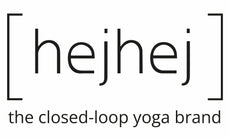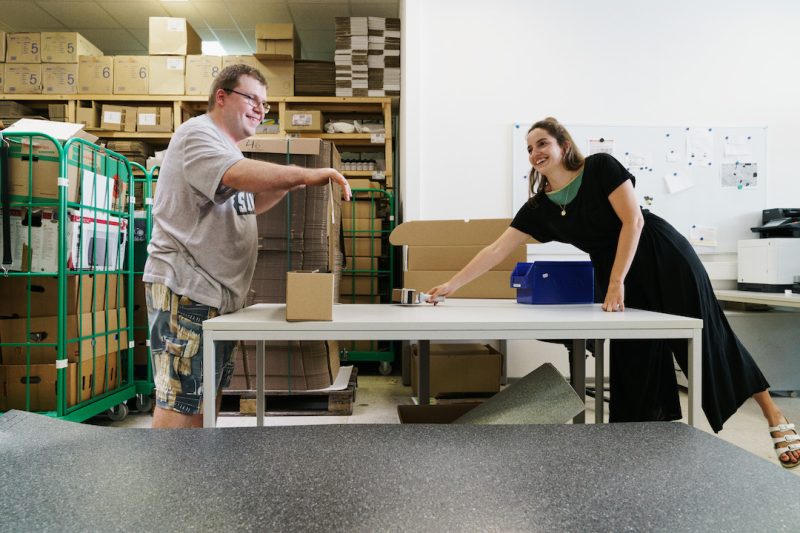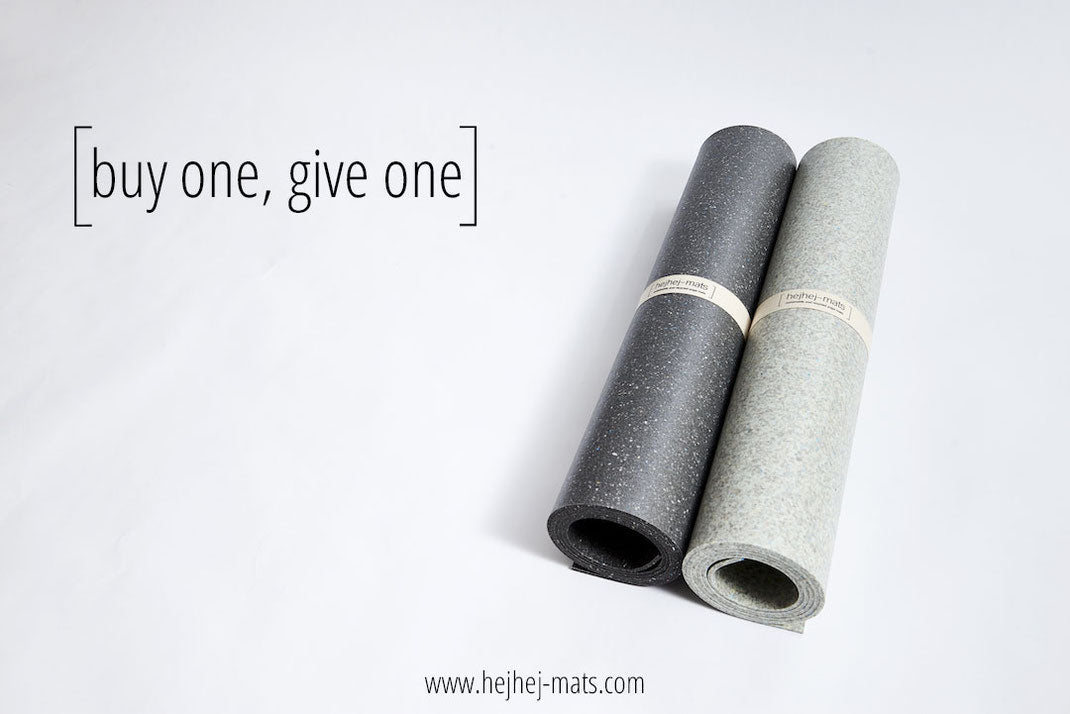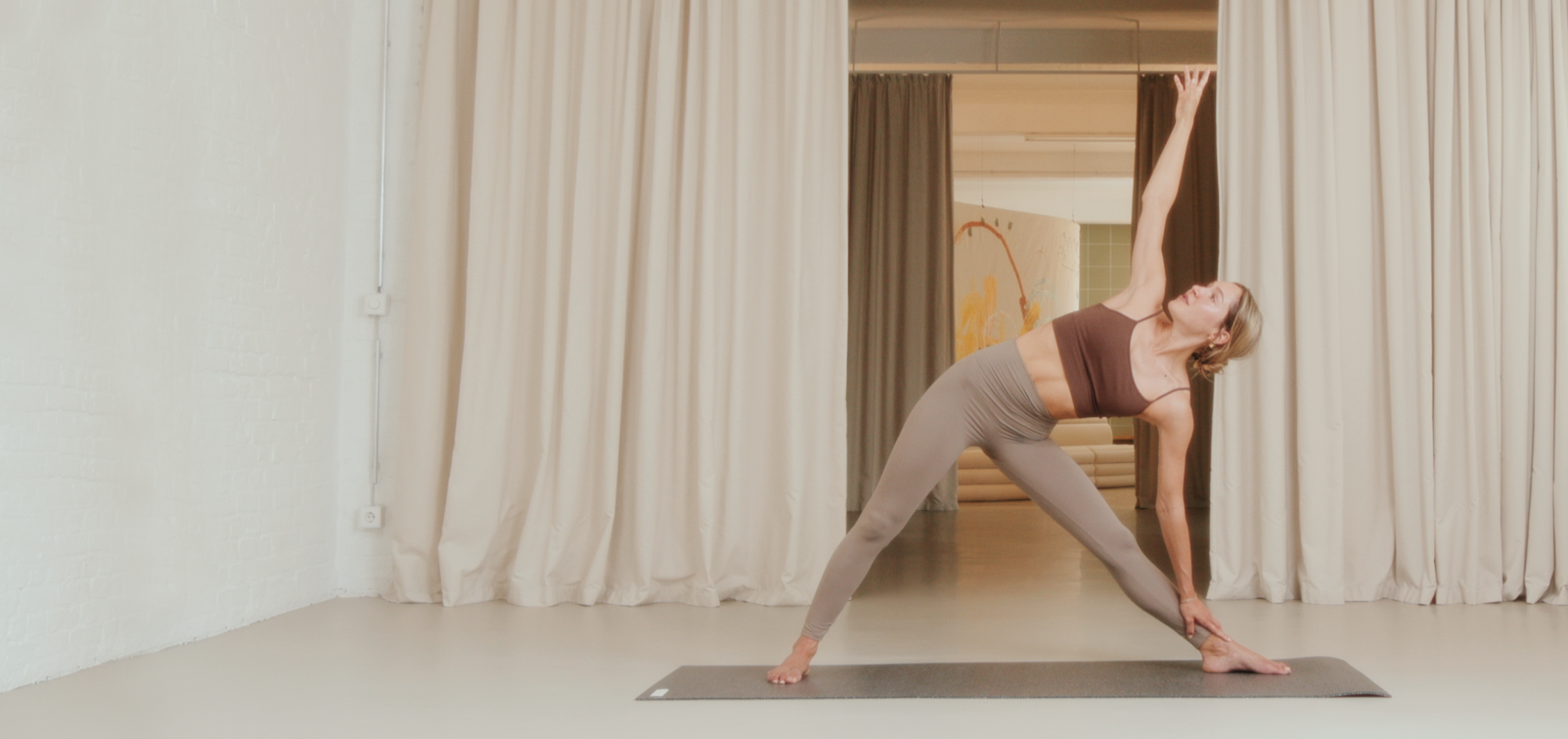As you know, we are usually no huge fans of trends as they normally go together with unnecessary consumption. However, there is always an exception to the rule. One great one is Fashion Revolution. The global movement of fighting for fair working conditions for our garment producers is getting bigger. It gains more awareness on social media and in society. Thanks to the great work of the initiative fashion revolution and other great associations like future fashion forward here in Germany the fashion revolution movement is getting bigger and bigger. The main thing the movement demands is more transparency in the fashion supply chain. It encourages people to ask the brand “who made my clothes?”. The more people who ask that question the more pressure will be put on the brands. Everyone can raise her / his voice.
Sustainability consists of three pillars
The social pillar is one of the three pillars of sustainability. Unfortunately, it often is not taken into consideration as it does not affect oneself directly as much as the ecological or economic pillar. Have you wondered why some goods are so extremely cheap? Did you ever think about the fact that many people within the supply chain need to afford their lives from the wages paid to make our cheap shirts and nice pants?
The majority of people who work for your clothes still lives in poverty. Often these workers are not even able to afford basic necessities. People and planet are suffering from the way we consume, make and source fashion. Unfortunately, this exploitative structure can also be applied to yoga mats.
Who made my yoga mat?
Have you ever asked yourself: Who made my yoga mat? We did almost 2 years ago. Most of the yoga mats are still made out of PVC which does not only has an immense negative environmental impact but can also have negative impacts on the health of the workers.
Many yoga mats are produced in South East Asia, where natural rubber plantations replace biodiversity to satisfy our desire to consume. Certified natural rubber is very rare on the market. We want the big corporations which produce yoga mats to take responsibility and act for biodiversity and fair working conditions instead of only following the for-profit way. That is why we are asking: Who made my yoga mat?





Our aim when founding hejhej-mats was to produce a fully sustainable yoga mat. Fully sustainable for us means taking care of people and the planet. That is why we are making use of a resource that already exists in abundance and solely produce in Germany, where we are part of every single production. Therethrough we can easily and proudly answer the question with: I made your yoga mat






